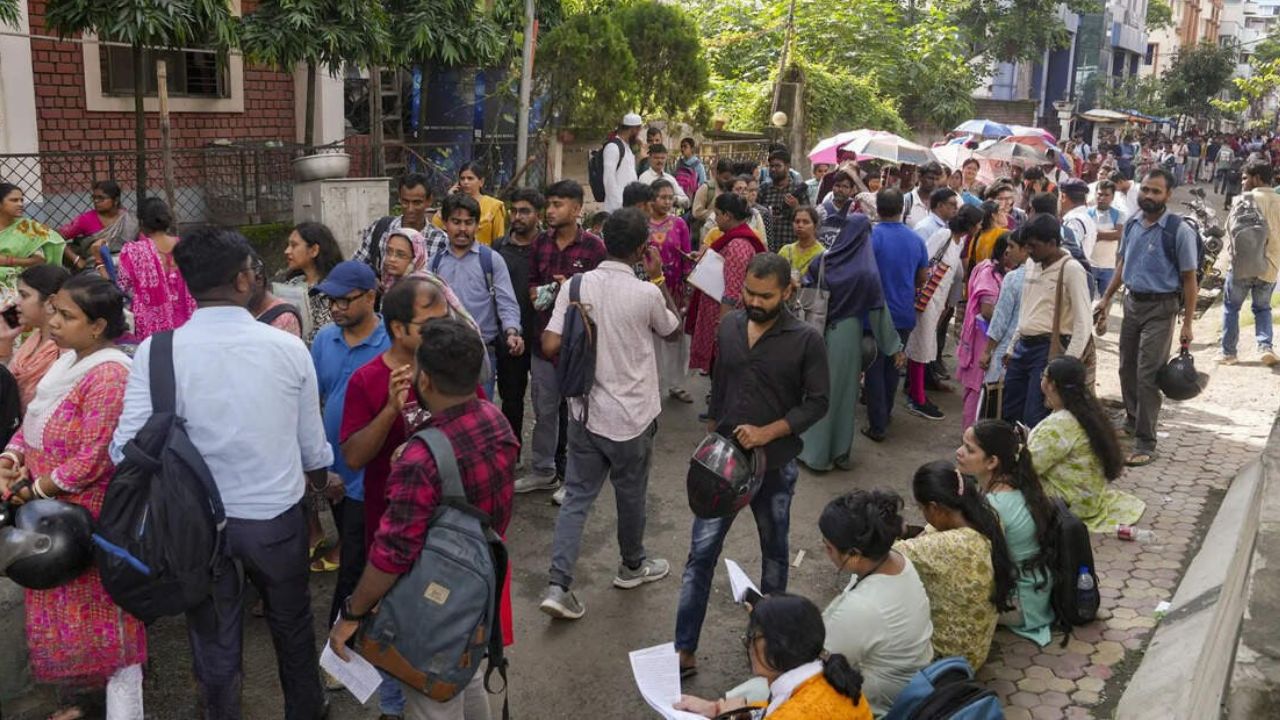The Staff Selection Commission (SSC) has issued a strong advisory warning candidates, content creators, and social media users against the discussion, analysis, or circulation of SSC examination question papers or their content. This move is in accordance with the Public Examinations (Prevention of Unfair Means) Act, 2024 (PEA Act, 2024), which seeks to preserve examination integrity and penalize unfair practices.
What the Notice Says
The SSC notice, dated 8 September 2025, states that circulating, discussing, or analyzing question papers—whether for ongoing or completed examinations—on social media or other platforms is strictly prohibited. The Commission emphasizes that these acts fall under the purview of unfair means and may invite serious legal action.
Key Provisions & Penalties under PEA Act, 2024
- Section 3 of the Act prohibits leakage, disclosure, access, possession, or dissemination of question papers, answer keys, or parts thereof without permission.
- Section 9 classifies such offenses as cognizable, non-bailable, and non-compoundable.
- Section 10 prescribes penalties:
• For individuals: 3 to 5 years imprisonment and fine up to ₹10 lakh
• For service providers or institutions: Fines up to ₹1 crore, disqualification from future examinations, recovery of costs
• For organized offenses: 5 to 10 years imprisonment and fines not less than ₹1 crore
Recent Application & Impact
The notice is timely considering recent SSC exams such as CGL, where candidates and coaching platforms were observed discussing and dissecting question paper content shortly after exams. SSC has called for cooperation from all stakeholders to maintain fairness and asked all to desist from posting or engaging with prohibited content.
How Candidates Should Respond
- Avoid posting or commenting on specific questions, answers, or paper analysis on social media.
- Do not share scans or snapshots of question papers, answer keys, or question sets.
- If you see others posting, do not engage or repost.
- Comply with SSC’s integrity guidelines and focus on your preparation without violating rules.
Why This Advisory Matters
- Deters exploitation of exam content leaks or unfair sharing
- Strengthens public confidence in SSC’s recruitment process
- Reduces unethical competitive advantage from early analysis
- Aligns with legal backing in the PEA Act to enforce strict control
FAQs
- What is the date of SSC’s warning notice?
The advisory was issued on 8 September 2025. - Does this apply only to current exam papers?
No, it applies to both ongoing and past question papers. - What penalties can one face?
Imprisonment (3-5 years), fines up to ₹10 lakh for individuals; more severe penalties for institutions or organized offenses. - Are content creators also liable?
Yes, content creators, media platforms, and individuals are all warned under the notice. - Are reposting or sharing allowed?
No, sharing or posting portions of question papers or analysis is strictly prohibited. - What if I accidentally share a question?
Even accidental sharing may be viewed as violation; it’s best to delete it immediately and cooperate with authorities if contacted. - Will the SSC prosecute violators?
The SSC has affirmed that it may invoke legal provisions under the PEA Act and other laws to act against offenders.
Conclusion
The SSC’s 2025 advisory against discussion, sharing, or analysis of question papers serves as a stern reminder that examination integrity is paramount. Under the PEA Act, 2024, violations can lead to serious legal consequences. All candidates, educators, and content creators must take heed, avoid prohibited actions, and help uphold the fairness of the recruitment process.
